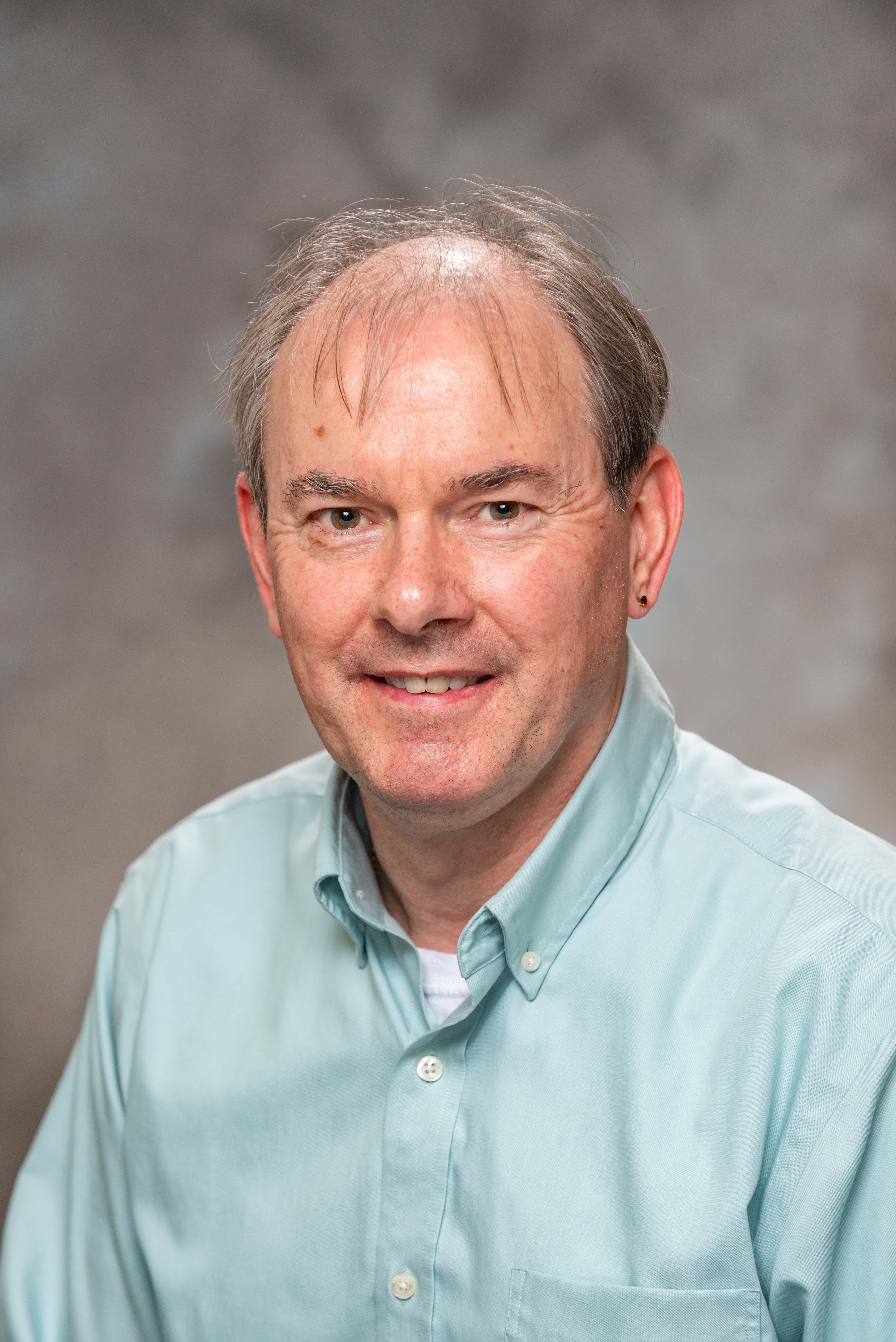SEI/RBI Initiative Lead Profile: Matthew Realff
Dec 13, 2023 — Atlanta, GA

Portrait of Matthew Realff
Matthew Realff, professor and David Wang Sr. Fellow in the School of Chemical and Biomolecular Engineering, leads the Circular Carbon Economy Research Initiative in the Strategic Energy Institute and the Next Generation Refineries Research Initiative in the Renewable Bioproducts Institute at Georgia Tech. Realff co-directs the Direct Air Capture Center (DirACC), which coordinates research across the Institute aimed at the removal of carbon dioxide (CO2) from the atmosphere. Realff’s broad research interests are in the areas of process design, simulation, and scheduling. His current research is focused on the design and operation of processes that minimize waste production by recovery of useful products from waste streams, and the design of processes based on biomass inputs. In particular, he is interested in carbon capture processes both from flue gas and dilute capture from air as well as the analysis and design of processes that use biomass. Below is a brief Q&A with Realff where he discusses his research focus areas and how it influences the circular carbon economy research initiatives at Georgia Tech.
- What is your field of expertise and at what point in your life did you first become interested in this area?
My background is in chemical engineering with a focus on process design and simulation, which is part of the field of process systems engineering. I have been interested in this general topic since first setting foot on the campus of Imperial College London in 1982, and subsequently pursued it as my Ph.D. topic. I first started thinking about direct air capture of CO2 in 2011 and about circular carbon from CO2 in 2016.
- What questions or challenges sparked your current energy research? What are the big issues facing your research area right now?
I believe that managing CO2 emissions will be the biggest challenge of the next 50 to 100 years. We will need to have negative emissions, as we are emitting too much, and pulling CO2 directly out of the atmosphere will be required because we are going to continue to emit. Creating technological solutions to provide negative emissions is one of the biggest challenges, as they need to be cost-effective and environmentally and socially less damaging than the emissions they capture. The biggest issue facing my research is understanding the phenomena that are involved in direct air capture and translating that understanding into engineered systems that are low-cost, have low environmental impact, and are socially beneficial.
- What interests you the most leading the research initiative on circular carbon economy? Why is your initiative important to the development of Georgia Tech’s energy research strategy?
The circular carbon economy is a systems problem in the broadest sense. This means that we must embrace a multidisciplinary approach to synthesize effective solutions. I want to emphasize the word “effective” here — we must embrace a wide range of measures of performance from energy efficiency to social justice because without improving along many dimensions we will be unlikely to be successful. It is this multidimensional, multidisciplinary research effort that interests me, as I love to find ways to bring people together to synthesize different knowledge into effective solutions. Georgia Tech is a world leader in direct air capture technology — as demonstrated by our new Direct Air Capture Center (DirACC). Our advances in this topic area can provide a base from which to develop approaches to carbon utilization, and other research efforts in electro, bio, and thermo chemical technologies can enable closed pathways using carbon as an energy carrier.
- What are the broader global and social benefits of the research you and your team conduct on circular carbon economy?
One vision for our energy and material systems is to have a much greater local production and consumption of energy using renewable resources. A circular carbon economy based on CO2 from the air; water from local sources including the air; and solar, wind, or biomass-based energy could be local and would have many transactions between local parties. This could serve to not only reduce global emissions but also to provide more opportunities for communities to benefit from the production of energy as opposed to having many transactions that transfer money outside of the community.
- What are your plans for engaging a wider Georgia Tech faculty pool with the broader energy community?
DirACC is one way we hope to connect faculty to the ecosystem of companies that are developing and deploying DAC technology. We hope that the challenges that these companies are articulating can be translated into research topics for the faculty affiliated with the center. The Department of Energy’s efforts to establish the DAC Hubs provides us with other opportunities to engage faculty around social and environmental justice issues associated with deploying energy technologies such as direct air capture. I hope that faculty will see themselves participating in these efforts and reach out to be included in the network of researchers on these topics.
- What are your hobbies?
My main hobby is playing a card game called Magic: The Gathering. I have played this since 1994 and have enjoyed many friendships formed as a dueling wizard. I also enjoy reading, particularly science fiction and steampunk literature, as well as history.
- Who has influenced you the most?
Professor Roger Sargent at Imperial College was one of the founders of the field of process systems engineering. His speech on elevation to the position of professor at Imperial in 1963 has had a profound impact on the direction of my research and educational activities.
Priya Devarajan || Research Communications Program Manager SEI || RBI




